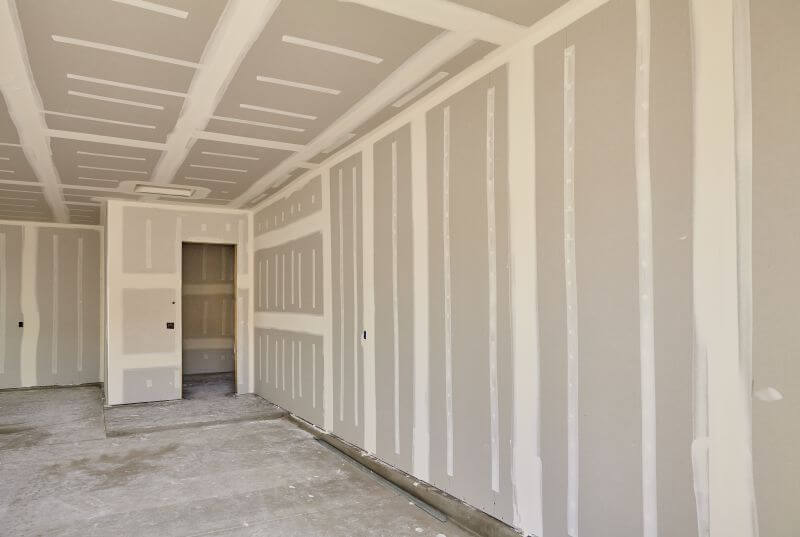
Soundproofing your home can be an essential step to creating a serene, peaceful environment where external noise is kept to a minimum. Whether you live in a noisy urban area, have loud neighbors, or simply crave tranquility in your own space, soundproofing materials can be an effective solution.
But with so many options available, it can be difficult to know where to begin. What is the best soundproofing material for a home? This blog post will explore the most common options for soundproofing, weighing the pros and cons of each.
- Acoustic Foam
When it comes to soundproofing your home, choosing the right materials is crucial. One option that has gained popularity among audiophiles and sound engineers alike is acoustic foam. Acoustic foam is a material that is specifically designed to absorb sound waves and reduce echoes and reverberation. It is made from a specialized open-cell foam that has been cut and angled in different ways to optimize sound absorption.
The foam is available in various thicknesses, shapes, and colors, making it a versatile option for any room. It is also easy to install, as it can be glued or pinned to walls, ceilings, and floors. While acoustic foam may not block sound completely, it is an effective solution for reducing unwanted noise and improving the overall sound quality of a room.
- Fiberglass Insulation
Fiberglass insulation is one of the most popular and affordable soundproofing materials for homes. This type of insulation is made of tiny glass fibers and comes in batts or rolls. It is installed between interior walls, ceilings, and floors to absorb soundwaves and reduce noise transmission between rooms.
Fiberglass insulation has excellent sound-absorbing properties due to its dense, porous structure. It is also known for its thermal insulation properties, which can help regulate the temperature and save energy in your home.
- Mineral Wool
Are you looking for the best soundproofing material for your home? Mineral wool is a popular choice that is worth considering. Made from rock or slag fibers, mineral wool has excellent sound absorption capabilities due to its dense and fibrous makeup. It can effectively reduce sounds from both inside and outside the home.
Mineral wool is also fire-resistant, which makes it a safe option for soundproofing. It can be used in a variety of applications, including walls, ceilings, and floors. Keep in mind that installing mineral wool can be a bit more challenging than other soundproofing materials due to its weight and density.
- Mass Loaded Vinyl
Mass Loaded Vinyl, or MLV, is a highly effective soundproofing material that can be used in a variety of applications. It is typically made of a dense, flexible material, which allows it to effectively block airborne sound waves from passing through walls, floors, and ceilings. Despite its relatively thin profile, MLV can significantly reduce the amount of noise that enters or exits a room. It is often used in home theaters, recording studios, and other spaces where a high level of sound insulation is desired.
One of the major advantages of MLV is that it is easy to install, as it can be cut to size and attached to walls or ceilings using standard construction adhesive. Additionally, it is a very cost-effective solution for homeowners who are looking for an effective soundproofing material.
- Acoustical Curtains
Acoustical curtains are a popular choice when it comes to soundproofing a home. These curtains are made with special materials that absorb sound waves, reducing the amount of noise that travels in and out of a room. They are often used in music studios, theaters, and conference rooms, but can also be installed in homes to block out unwanted noise.
Acoustical curtains are typically made with a heavy fabric, such as velvet or silk, which helps to absorb sound waves. They may also include a layer of sound barrier material, such as mass loaded vinyl, which further blocks sound transmission. Overall, acoustical curtains are a cost-effective and versatile option for homeowners looking to improve the acoustic quality of their homes.
